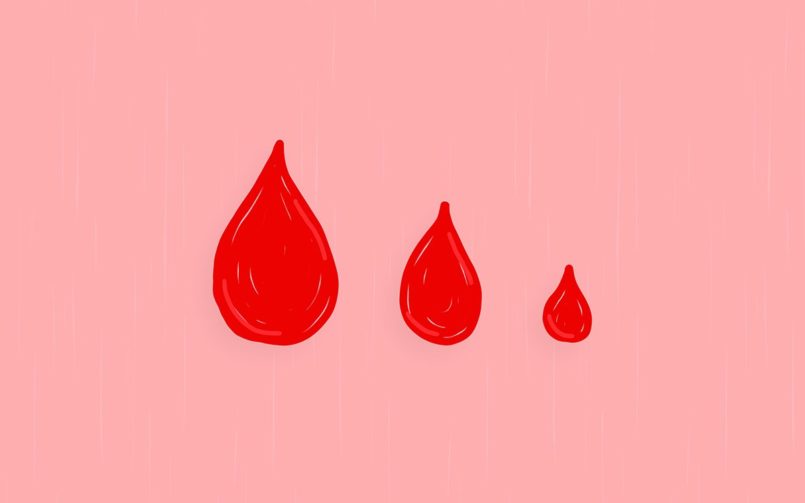
When Should You See a Doctor for Irregular Periods?
You may have reached your mid 20s or late 20s but your circle stops working all of a sudden, after getting periods without any delay for several years. It’s not menopause and there is no chance of pregnancy either. So what’s making you worried?
Irregular periods are sometimes normal. Read on to know the exact causes and signs of irregular periods, and most important, when you should see your doctor.
What is Irregular Period?
When the menstrual cycle suddenly lasts longer than normal, it causes irregular periods. You may have unusual uterine bleeding, for example –
- Extended menstrual bleeding
- Bleeding after menopause
- Excessive bleeding when it’s your period
- Spotting or bleeding during periods
- Bleeding after having sex
A lot of women undergo a menstrual cycle after puberty, which is completely normal. The cycle may change every time for a few days. Irregular periods may affect around 9% to 14% of women from the age when they get period for the first time to their menopause.
Reason behind Late Period
An egg is released in a menstrual cycle from an ovary in the event of ovulation. If it’s not sperm that can fertilize your egg, it may be hormonal changes, which signal your tissues for uterus lining and body to bleed. Usually, it bleeds around 5 days. Then, the monthly cycle continues.
However, unusual uterine bleeding or irregular periods affect some women for different reasons, such as lifestyle changes, stress, and existing medical conditions.
When to See a Doctor?
You should see the best gynaecologist in Noida if you have one of these symptoms –
- Your period is delayed to over 90 days
- You have irregular period all of a sudden
- Bleeding lasts over a week
- Bleeding between periods
- Heavy bleeding
- Periods are very painful
- You are having it more frequently in every 21 days
- You are having it less frequently in every 35 days
A gynecologist can diagnose your condition and find out the right cause behind irregular periods and come up with the right treatment plan. After first menstruation, you may have to wait for your period to be regular. You may have this problem around 8 years before menopause.